South Koreans are scrambling to find devices that can help beat the heat while keeping their electricity bills from skyrocketing.
"I'm looking for the least expensive one, both in terms of efficiency and energy," said Park Ji Hoon, a resident of Seoul, South Korea.
Instead of energy-consuming air conditioners, consumers tend to choose other cooling devices to increase efficiency. At a large retail store, while air conditioner sales remained unchanged, sales of electric fans increased 40% compared to the same period last year, while sales of dehumidifiers increased more than six times.
"High humidity makes us feel hotter. Dehumidifiers are effective when used together with air conditioners," said Kim Yeong Oh, a home appliance salesman.
Despite their higher prices, energy-saving products are still getting more attention than other products. The fan equipped with a high-efficiency motor costs about 10,000 won more than most similar products, but sales are still increasing.
"Although it's more expensive, it's better for me to buy an energy-saving device for my home," said Cheon Jong Gon, who lives in Seoul.
Since 2020, Seoul's total electricity usage has increased by 3% per year, and it is expected that electricity consumption may increase sharply this summer, the Korea Times reported.
The hot summer and high electricity consumption due to the need for air conditioning have prompted the Seoul government to launch a campaign calling on residents and businesses to save.
One of the city's goals is to save 1 kWh (1 unit of electricity) per household per day, according to the Green Energy Division of the Seoul Metropolitan Government's Climate and Environment Headquarters.
Accordingly, people are encouraged to keep the room temperature at 26 degrees Celsius, turn off lights and unplug electronic devices when not in use. Such actions can save up to 10% of energy each month and 100,000 won ($76) in electricity bills each year.
To raise awareness of energy-saving habits, especially in businesses and other commercial locations, the city government has set up a special propaganda team.
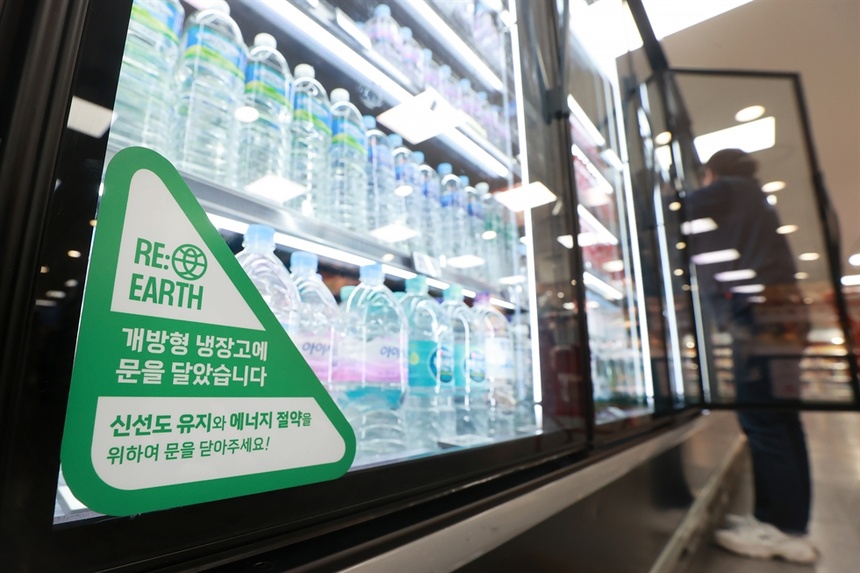
Stores are reminded to close doors when turning on air conditioning and to close refrigerator doors in supermarkets. Photo: Yonhap.
Between June and August, about 150 city government officials will visit Seoul's busiest areas, including Myeongdong, Hongdae and Gangnam, and promote an energy-saving campaign: reminding stores to close their doors when air conditioning is on, and closing refrigerator doors in supermarkets.
The city's campaign also encourages people to ditch their ties, wear shorts and spread the message of saving through social media platforms.
City officials are reaching out to Seoul’s estimated 1 million students to promote the campaign. The government is partnering with the Seoul Metropolitan Office of Education to hold educational sessions at various locations and public spaces.
The city government also reached out to the Electricity Corporation and the Energy Agency, aiming to launch monthly advertisements throughout the city such as outdoor billboards, on subways, buses and apartment elevator screens. Energy saving tips were shared through radio, television and mass media.
Meanwhile, the South Korean government raised electricity prices by 5.3% on May 16, creating a significant financial burden for citizens and businesses.
"The recent electricity price hike is expected to affect residents, private companies and small business owners. But with small actions such as maintaining room temperature, unplugging electrical appliances and turning off lights, electricity bills can be reduced by 10%. I urge city residents to join the movement," said Lee In-keun, head of the Climate and Environment Headquarters.
Minh Hoa (t/h according to VTV, Zing)
Source



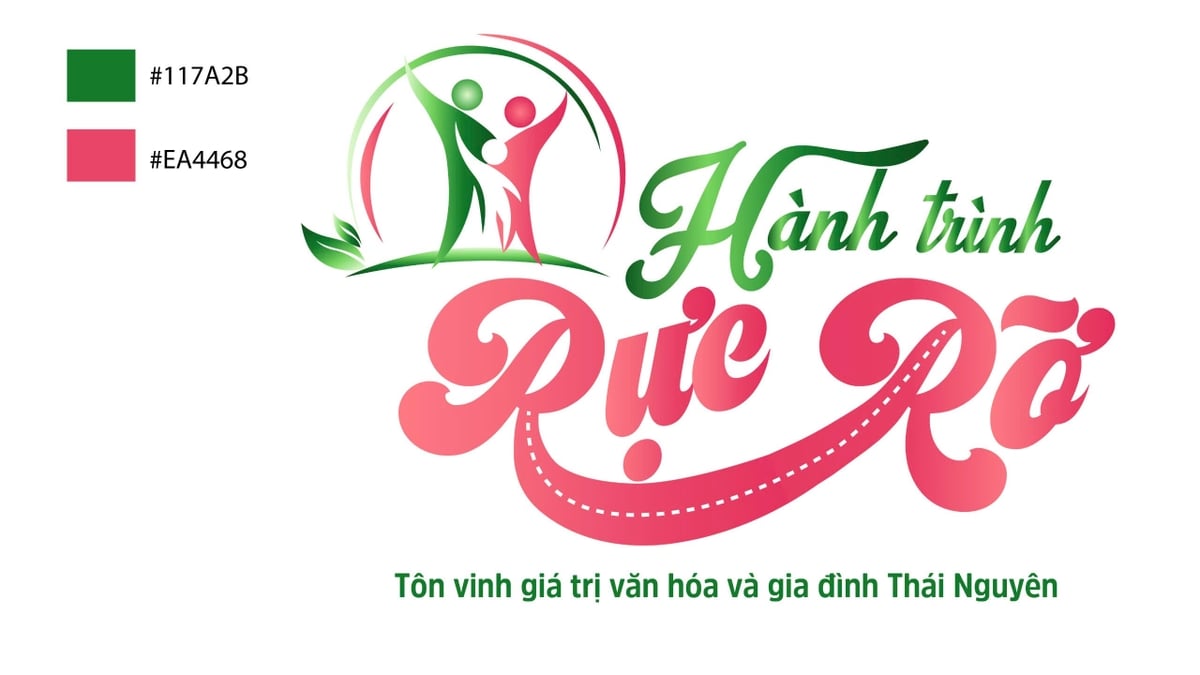

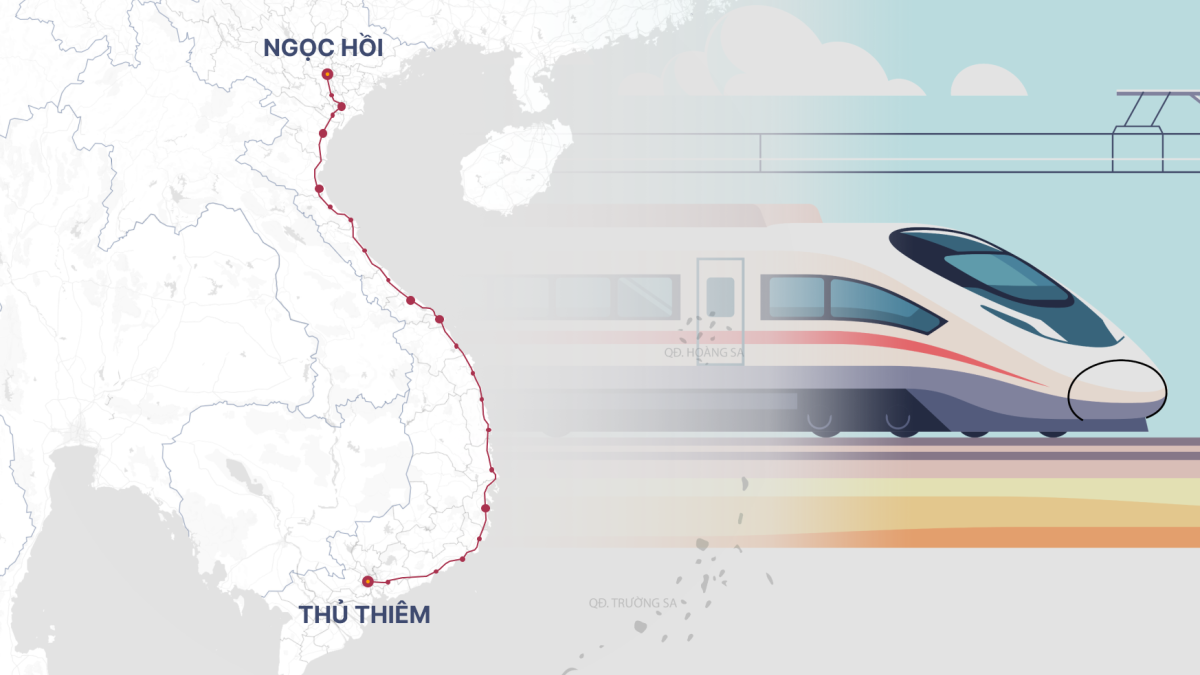
















































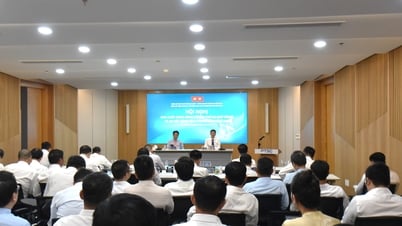












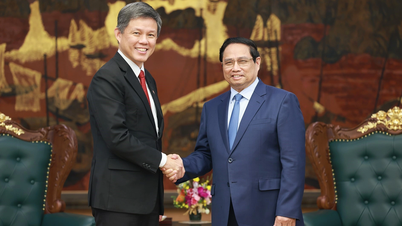
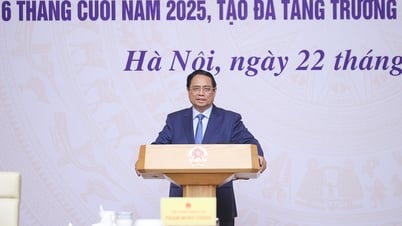
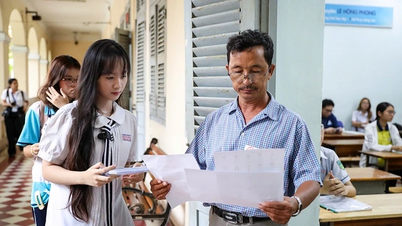
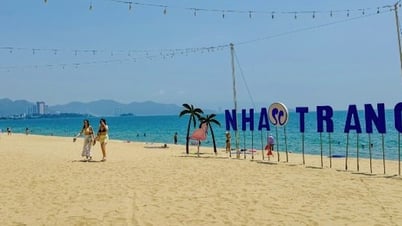


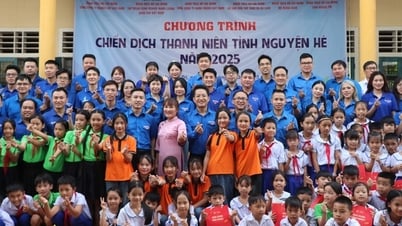
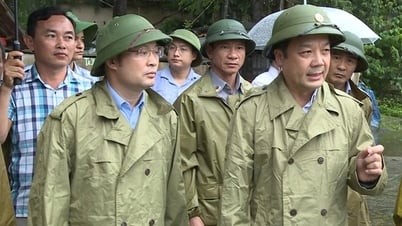


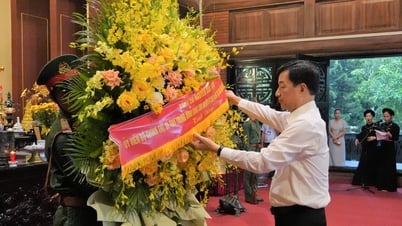






















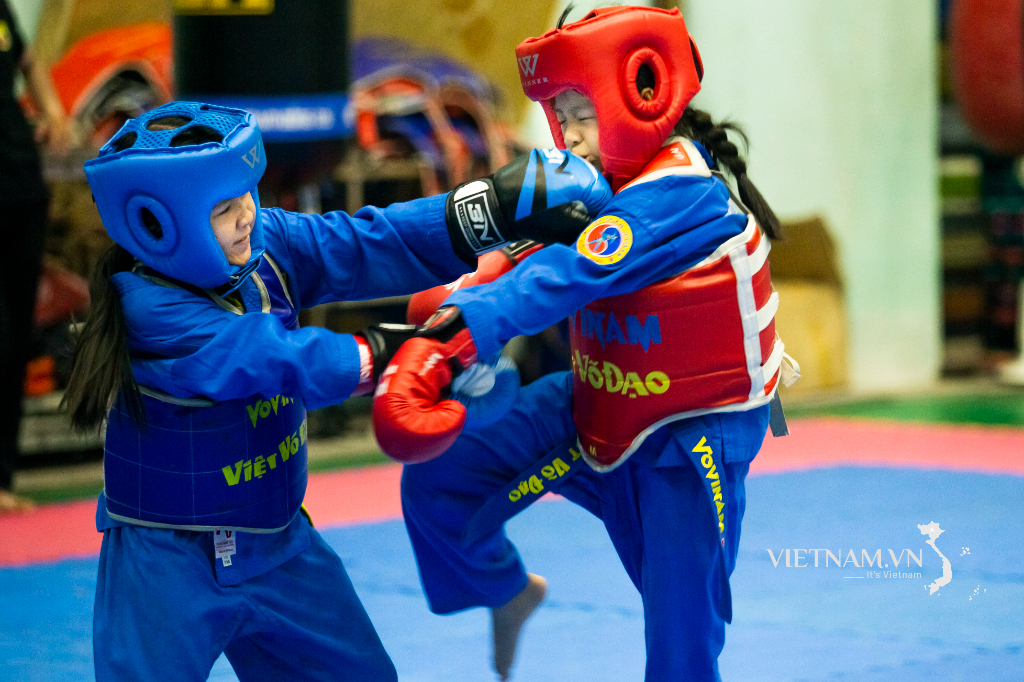

Comment (0)